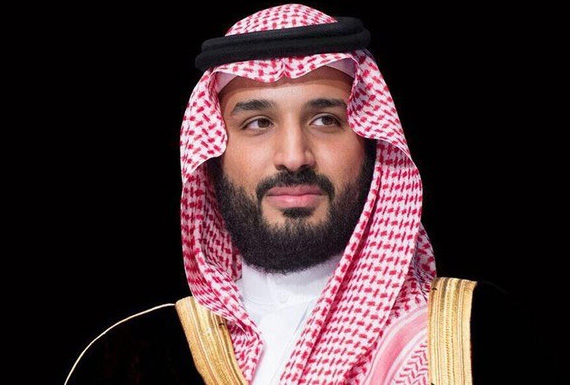Saudi Arabia to become the region’s leading logistics hub by 2030
As the global economy recovers from the COVID-19 pandemic implications, Saudi Arabia’s logistics and supply chain sectors are set to witness several local and foreign investments as part of the kingdom’s 2030 vision to become the region’s leading logistics hub.
Several global logistics giants are reportedly shifting capital to the Saudi market, including Maersk and Aramex among others.
The global container carrier, AP Moller-Maersk, announced in November it plans to invest $136 million over a 25-year period to build an integrated logistics park at the Jeddah Islamic Port.
Later in the same month, the Dubai-based multinational logistics, courier and package delivery service provider, Aramex inaugurated a new shipping platform for Saudi-based entrepreneurs and start-ups under the name of Aramex Go.
The Saudi market’s emerging popularity is well backed by the kingdom’s robust recovery from the COVID-19 induced global recession, with 2.8% expected economic growth in 2021, driven by rising oil prices and investments from its sovereign wealth fund, according to the International Monetary Fund (IMF.)
Moreover, the kingdom is investing heavily in a diverse portfolio comprising new ports, airports and enhanced infrastructure, to boost its logistics sector and steer away from the oil-based economy by 2030.
Over $132 million have been allegedly invested in Jeddah Islamic Port, paving the way for more foreign investments and local growth opportunities.
The port is the largest in Saudi Arabia and second largest in the GCC region in volume and cargo-handling capacity is strategically located on the Red Sea, connecting the East and the West.
In 2017, the Saudi Crown Prince, Mohammed bin Salman announced the inauguration of a futuristic city located in Tabuk Province, north-western Saudi under the name of NEOM.
The city is set to host multiple projects to leverage the kingdom’s strategy to become a mega logistics hub.
Recently, Bin Salman announced the launch of NEOM’s industrial city, known as OXAGON, set to be the largest floating industrial complex in the world and one of the world’s most technologically advanced logistics hubs with a leading-edge seaport and airport.
The new city is strategically located on the Red Sea close to the Suez Canal, extending the kingdom’s outreach over 13% of the total global trade movement passing through the Red Sea.











